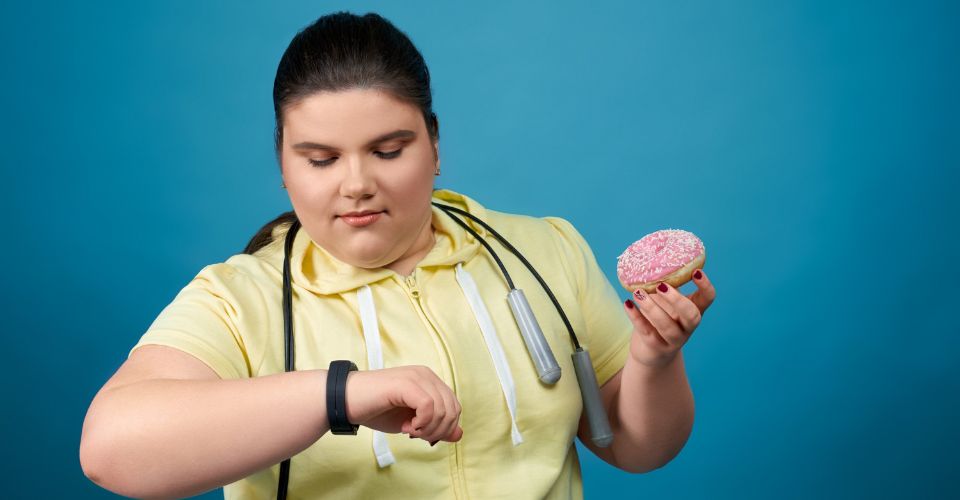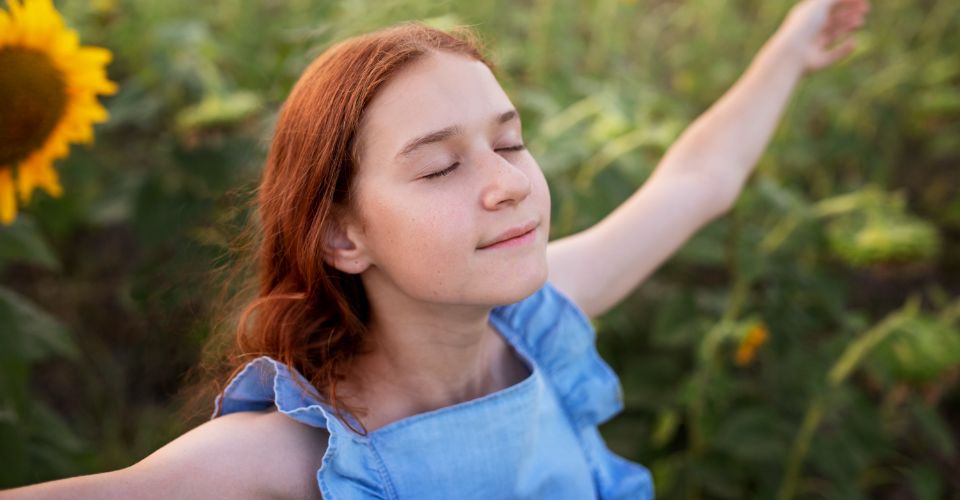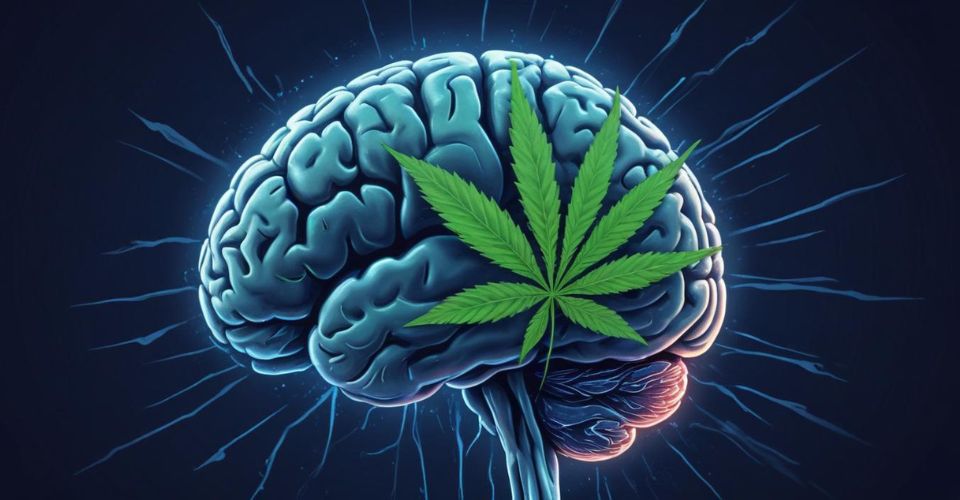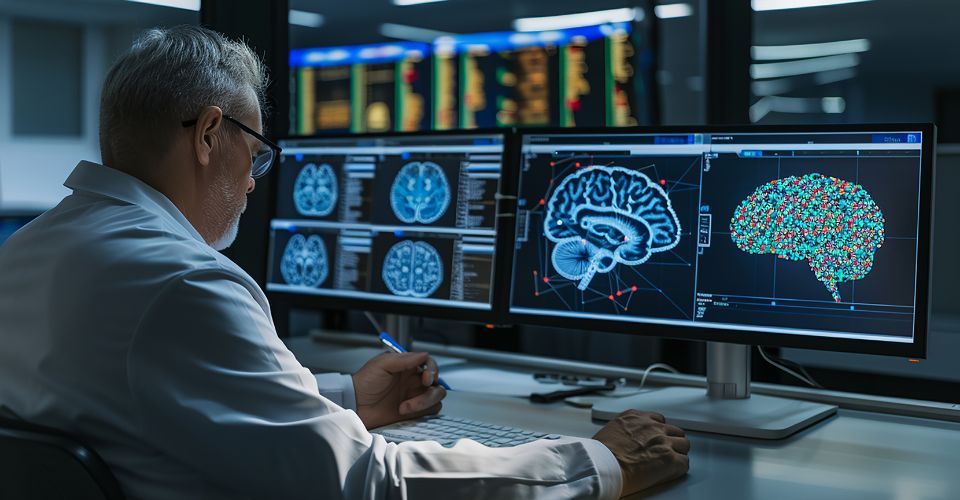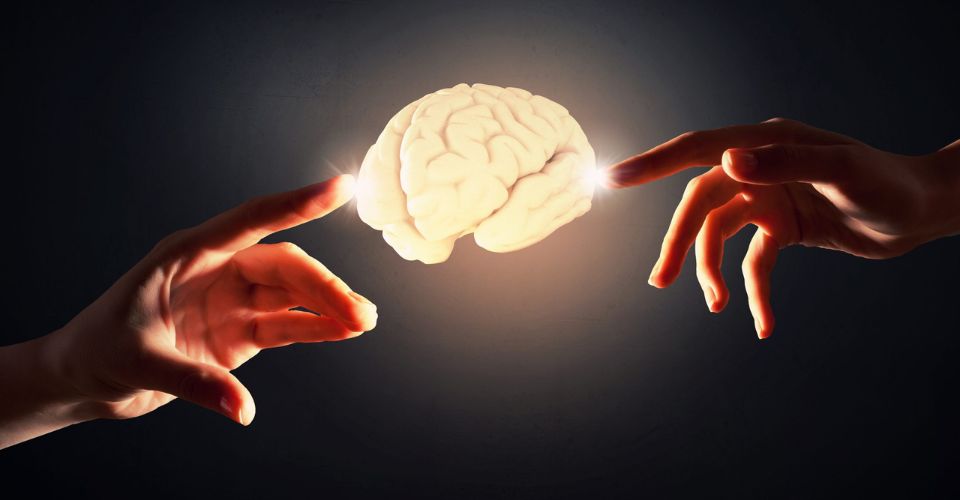In the realm of social media trends, especially on platforms like TikTok, it’s crucial to approach viral advice with caution. However, a recent TikTok video from user Tyler Johnwesley has garnered widespread attention, amassing an impressive 16.3 million views, suggesting that Magnesium and Vitamin D can ease anxiety.
He advocates for a simple regimen he calls “500 milli vanilli grams of peace.” In this regimen, he recommends daily supplementation with 500 milligrams of magnesium glycinate and 125 micrograms (5,000 IU) of vitamin D3 to help alleviate anxiety.
Tyler’s conviction is based on personal experience, claiming that this combination significantly improved his lifelong struggle with anxiety.
Enthusiastic followers have been raving about their experiences with this unconventional remedy, echoing the potential effectiveness of this approach. Users like Jesseca Weeks have expressed that this regimen has been genuinely helpful for them, offering a glimmer of hope for those seeking relief from anxiety.
But, while anecdotal experiences on TikTok are compelling, what does scientific research suggest about the potential of magnesium and vitamin D to alleviate anxiety?
The Science Behind Magnesium and Vitamin D
While TikTok is not typically a source of sound medical advice, experts in the field recognize the merits of the magnesium and vitamin D regimen.
Dr. Uma Naidoo, the Director of Nutritional and Lifestyle Psychiatry at Massachusetts General Hospital and author of “Calm Your Mind With Food,” acknowledges that scientific evidence supports the role of these two nutrients in managing symptoms of depression and anxiety.
Vitamin D, a fat-soluble vitamin, plays a critical role in calcium absorption, bone health, and neurological functions. Dr. Naidoo explains that in the brain, vitamin D acts as a neurosteroid, offering protection against depression and anxiety disorders.
Notably, there is a well-established connection between vitamin D deficiency and heightened symptoms of depression and worsened anxiety. Vitamin D’s influence on stress regulation is undeniable.
Magnesium, a mineral that regulates over 300 biochemical reactions in the body, contributes to mood regulation by influencing key neurotransmitters. Dr. Naidoo notes that magnesium deficiency is associated with anxiety, ADHD, fatigue, and low libido.
Symptoms of magnesium deficiency encompass tension, irritability, and anxiety. Supplementing with magnesium can increase neurotransmitter levels, potentially alleviating symptoms.
While magnesium and vitamin D offer the promise of relief from anxiety, it is essential to recognize that they might not serve as a universal panacea.
Mental health, particularly anxiety, is a complex condition influenced by multiple factors. Dr. Kara Kushnir, Founder and Clinical Director of A Work of Heart Counseling, reminds us that there is no “magic” solution in the realm of mental health.
In the mental health domain, a combination of elements typically yields the most profound results. Therapy, medication, social support, emotional outlets like exercise, hydration, nutrition, and stress reduction techniques often form a comprehensive approach to improving mental well-being.
However, supplementation can be a valuable component of this broader strategy if used judiciously and under the guidance of a healthcare professional.
Personalized guidance can determine the right dosage based on an individual’s specific needs. Magnesium and vitamin D deficiencies are not uncommon, making supplementation a viable consideration for some individuals.
Prefer Whole Foods Over Supplements
Despite the potential benefits of magnesium and vitamin D supplementation, experts emphasize the importance of prioritizing a nutrient-rich diet over isolated supplements. Dr. Naidoo underscores the value of nourishing the brain and body with a wholesome, nutrient-dense diet.
A diet rich in whole foods, including colorful fiber-rich plant-based foods and healthy fats, provides the necessary nutrition for optimal mental health. Fiber, present in plant-based foods, fosters the gut-brain connection and nurtures the gut’s microbiome.
Plant foods deliver potent antioxidant phytonutrients that combat brain inflammation, while healthy fats offer essential building blocks and resilience against aging-related stressors on the brain.
In combination, macronutrients and micronutrients in a balanced diet collectively contribute to the optimal maintenance of mental health. Ultimately, the multifaceted nature of anxiety requires a comprehensive approach to address its diverse triggers and manifestations.
So, while TikTok may introduce unconventional remedies, it’s essential to remember that no single solution can serve as a cure-all for complex mental health conditions.
Personalized guidance, holistic lifestyle choices, and a diet rich in nutrient-dense foods offer a more balanced and comprehensive path to enhanced mental well-being.





